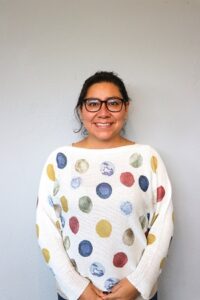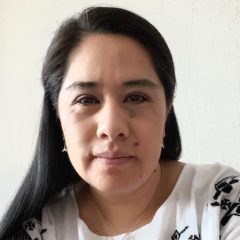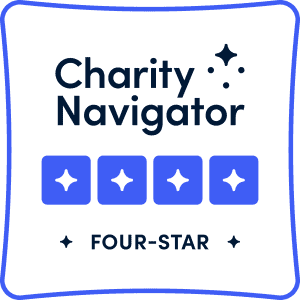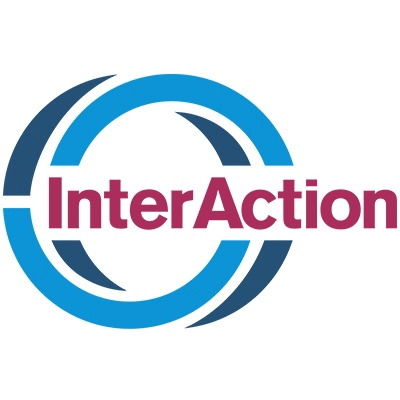Mexico
Mexico is a powerful economy with an abundance of resources. The country has made considerable progress in the last decade. Unemployment rates have steadily decreased as more Mexicans participate in the labor force. Women are playing a larger role in government. And there is more work to be done.
Within the patriarchal social structure of rural indigenous communities, women still have the least power and least access to productive resources. These structural causes of poverty are a challenge to overcome, but not insurmountable.
Our Work
Our approach in Mexico works to bring indigenous, rural and historically marginalized communities across the country to self-reliance. Our work focuses on five states — Chiapas, Oaxaca, Puebla, San Luis Potosí, Estado de México and Yucatán.
Self-reliance at the community level is measured by indicators that fall into seven distinct categories: leadership and governance, government cooperation, sustainable development, mindset shift, food security, women’s empowerment and revenue.
We facilitate the journey to self-reliance by working with elected leaders across all levels of government to recognize and support Indigenous communities. We elevate the voices of empowered leaders, especially women, to advocate for themselves and for the resources that they need—based on their own assessments and desires for their community. From our work to date, we have seen inspiring outcomes including:
- Communities building a positive recognition of women’s public participation and acknowledgement of the historical inequity women have faced
- New relationships with municipal authorities that recognize the autonomy of the communities
- An organic “train the trainer” chain where women who have worked with The Hunger Project are training other women, creating new roles as leaders and providers
Current Focus Areas (2023)
Indigenizing Food Systems: In partnership with Starbucks, we are preserving and promoting the use of traditional, local-cultural cuisines and practices. This project seeks to promote the rescue of local knowledge, and biocultural values and, in combination with scientific evidence, to allow local adoption in the communities.
Equitable and meaningful access to the Internet: In partnership with Microsoft, we are launching a new project called The Digital Basket, which is a 12-month project designed to create equitable access to the internet and create digital inclusion for Indigenous communities in Chiapas, Mexico.
Multi-generational Entrepreneurship and Economic Autonomy for Indigenous Women: In partnership with EuroFins, we are training elder Indigenous women entrepreneurs in transformative leadership, entrepreneurial mindset, feminist economy, and commercialization of Indigenous products in Chiapas, Oaxaca and Yucatan. Through an organic circular learning model, these elders will in turn train young Indigenous women entrepreneurs with ongoing support from The Hunger Project, who will provide regular, community-based, hands-on support and leadership.
Ensuring Sustainable Nutrition for Mothers and Children Under Five: In partnership with The Church of Jesus Christ of Latter-day Saints, local volunteer leaders are being trained in internationally recognized strategies for intervening in malnutrition: multiple micronutrient supplementation (MMS) and the Essential Nutrition Actions (ENAs). These two nutrition interventions are paired with water and sanitation (WASH) training to ensure health and nutrient absorption. We will apply our holistic, gender-focused, community-led approach to sustainable, self-reliant nutrition, across seven countries on three continents (Bangladesh, Benin, Mexico, Mozambique, Senegal, Uganda and Zambia.)
The Hunger Project
Calle 17 No 101,
San Pedro de los Pinos
Benito Juárez, Cp. 03800
México D.F.
Phone: +52 55 5639 0942
Fax: +52 55 5639 5256
Team
News
Make change happen. Invest in people.
Mailing address
The Hunger Project
110 West 30th Street, 6th Floor
New York, NY 10001
Get connected
Join the conversation on social, and stay connected with the latest from our partners around the world.
Stay informed
Subscribe to our newsletter to receive updates of latest news and events.
© The Hunger Project | Website by The Good Alliance








